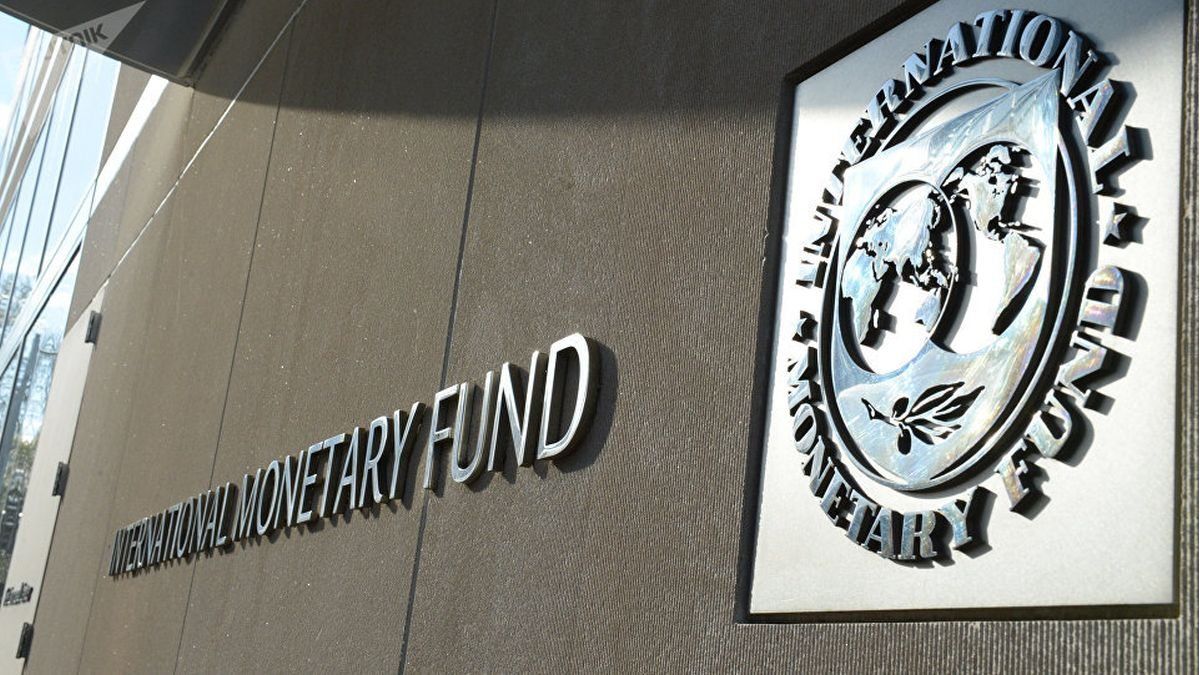After intense negotiations, the Ministry of Economy reached an understanding with the International Monetary Fund (IMF) to advance in the review of the program and achieve two disbursements from the agency in the remainder of the year. Within this framework, financial gurus analyze the new economic measures and the agreement reached with the IMF.
Among the new measures are a special exchange rate for exports called “regional economies” of $340, from the previous 300 units of the last preferential dollar for soybean exporters, and the application of the “PAIS” tax with different percentages for the purchase of foreign currency for imports.
Dollar: what do the gurus think of the new measures
“Despite the announcement of the principle of agreement, the negotiation between Argentina and the IMF has points to resolve. For the agency it is difficult to give a technical endorsement to measures that add distortions and do not resolve underlying macro imbalances, even though fiscal devaluation improves treasury revenues and helps save reserves,” said Fundcorp economist Roberto Geretto.
He added that “however, the extent would be halfway between a devaluation that the IMF and the local political commandment not to devalue in an election year”. “What the Fund is going to want is to be certain that they are not going to use their dollars to to intervene in the market,” economist Miguel Kiguel said in radio statements.
“The government needs that to get to the PASO (primary elections) and I think that in principle they will announce something quite timid that clearly not enough and then they will have to think about how they get to the general elections,” he added.
“The twists and turns in Washington together with the deterioration of macro conditions would not have been innocuous for financial stability. And the focus of the storms developed in the exchange rate orbit, even so, faced with the eventual tax on imports and new differential exchange rates, the instruments tied to the wholesale dollar would lose effectiveness,” estimated GMA Capital Research.
With the IMF “we are still to see. Until there are details, it is not known what we would be trying to agree on,” said analyst Salvador Vitelli.
imf
International Monetary Fund (IMF).
REUTERS
“I think that this mini-agreement with the IMF is finally going to be closed. There is no incentive for either party to break the agreement at this time. It seems to me that what is critical, beyond the fiscal goal and other conditionalities, is how many fresh dollars enter the Central Bank’s treasury,” said Ricardo Delgado of the Analytica consultancy. “The Government resorted to taxes on imports and new tax advances to carry out a unorthodox setting on foreign trade and public accounts 3 weeks after the STEP. In this way, it uses the same “recipe” applied in the past to “manage” external and fiscal imbalances, respecting the mandate of not devalue as promoted by the IMF,” said Delphos Investment.
“Regarding the crucial negotiation with the IMF, both sides would benefit from some sort of compromise, but substantial additional financing would be difficult to obtain,” VatNet Financial Research said.
“There is a lot uncertainty, with what you have to be careful when investing. The market is waiting to see the ability of the two majority political coalitions to impose State policies,” said Javier Timerman of Adcap Grupo Financiero.
“Foreign investors are not going to come as soon as there is a change of government, but from the political strength of the next government,” he said.
Source: Ambito




